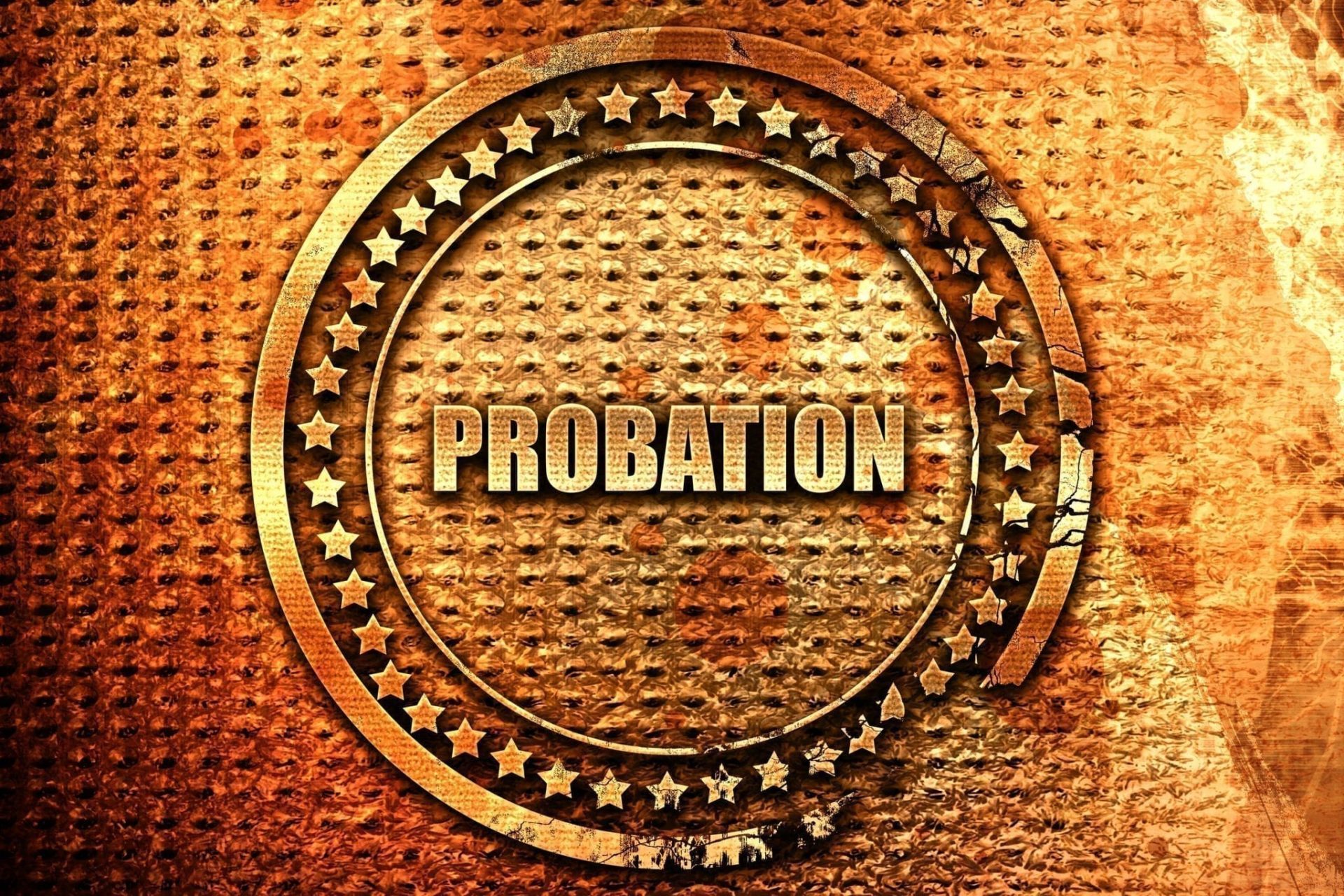Should You Take a Plea Bargain for Your Illinois Drug Charge?
When someone is charged with a crime on television or in movies, the defendant typically ends up going to trial and a jury either finds them guilty or not guilty. However, while that does happen in the real criminal justice system, most defendants don’t ever actually end up in a dramatic courtroom trial.
According to a 2012 New York Times article, “97 percent of federal cases and 94 percent of state cases end in plea bargains.” Said another way, only three percent of people facing federal charges and six percent facing state charges end up going to trial.
So, what exactly does a plea bargain entail? It’s when a defendant pleads guilty to a crime in exchange for a reduced sentence or some kind of leniency.
That might not seem as glamorous as a trial, but a plea bargain can be an effective tool depending on the severity of your charges and the evidence the prosecution has against you. So let’s look at how plea bargains work and see if it’s in your best interests to take one if you’re facing drug charges in our state.
How Do Plea Bargains Work?
If you are charged with a crime, the first thing you should do is reach out to an experienced Illinois criminal defense lawyer to ensure you have a knowledgeable ally who will fight for your rights and help you determine the best way to proceed with your case.
Depending on your charges, the prosecution might not want to spend the time and money it would take to bring your case to court, so they might offer you a plea deal. This plea deal will usually mean that both you and the prosecution will be giving something up, but you will also get something in return.
By agreeing to a plea bargain, the prosecution gives up the opportunity to prosecute you to the “fullest extent of the law,” but they are guaranteeing a guilty conviction. That, in their eyes, is often a top priority.
As a defendant, you will have to admit your guilt and waive your right to a jury trial, but you will usually get a lesser sentence or something else favorable from the prosecution.
Why do those charged so often take plea deals?
While there’s always a chance you will be found innocent during a jury trial, there’s also the same chance that you could be found guilty and will end up serving the maximum sentence for that charge. A plea deal is a way to guarantee your sentence rather than rolling the dice.
What Does a Plea Deal for a Drug Charge Typically Look Like?
If you’re facing a drug charge, a plea deal could greatly reduce the penalties you might face.
Let’s say you’re facing a drug trafficking charge because you were allegedly caught with 15 grams of cocaine. You would be charged with a felony offense that is punishable by six to 30 years in prison.
Depending on your criminal record and the circumstances of the supposed crime, the prosecution might opt to reduce the trafficking charge to a possession charge, which is still a felony but only punishable by four to 15 years in prison.

Additionally, the prosecution could further reduce your sentence or even offer you probation instead of jail time.
It all comes down to the crime you are being accused of and what both you and the prosecution are willing to give up in exchange for a better outcome.
Under no circumstances are you required to take a plea deal, though. That’s why it’s imperative to have a skilled Illinois defense lawyer who can help you navigate the pros and cons of any plea deal that comes your way and negotiate the best possible deal that you are willing to accept.
About the Author:
Andrew M. Weisberg is a former felony prosecutor who now serves as a defense attorney in the greater Chicago area. He has extensive experience in handling all types of criminal cases, from sex offenses and domestic violence to retail theft-related crimes, murder, and drug crimes.







 Blog Home
Blog Home 










